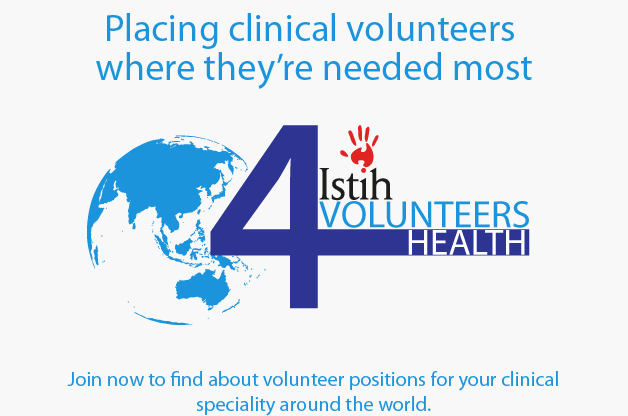The International Skills and Training Institute in Health (ISTIH) is proud to offer continued support to the development of emergency medicine in the Himalayan nation of Nepal.
Recently ISTIH sponsored a visit to Tribhuvan University Teaching Hospital, Kathmandu, by Associate Professor Dr Chris Curry, a specialist in Emergency Medicine (EM) based at Fremantle Hospital, who currently serves on the ISTIH Medical Advisory Committee. During this time Dr Curry delivered Emergency Medicine skills training in support of the University’s new Doctor of Medicine in Emergency Medicine degree program. Launched in September 2011, the three-year specialist program marks an exciting step in the Emergency Medicine education development process, with the first cohort of fully training specialists expected to graduate in 2014.
Dr Curry has made frequent visits to the country since 2007, both as a teacher of Emergency Medicine and as a specialist advisor during the curriculum planning stages of the Doctor of Medicine in Emergency Medicine degree program. A number of his colleagues, including fellow Emergency Medicine specialists at Fremantle Hospital and members of the International Emergency Medicine Special Interest Group (IEMSIG) of the Australasian College of Emergency Medicine (ACEM) have made teaching visits and will continue to do so throughout the education development process.
The progress made in developing Emergency Medicine in Nepal so far is encouraging, says Dr Curry, and valuable relationships have been forged between Australasian, Nepali and Indian clinicians. It is hoped that the Tribhuvan University program will follow the path set by the established program at the University of Papua New Guinea, Port Moresby in 2001. Testament to the success of the ‘train the trainer’ model, the University’s Emergency Medicine teaching staff at Port Moresby General Hospital are “almost independently training and graduating their own emergency physicians.”
In addition to the support extended by ISTIH, the WA Department of Health Community Leave Support program has facilitated return visits to Nepal by Dr Curry and a number of his colleagues. Launched in January 2011, the leave provision scheme supports eligible Department employees wishing to participate in approved WA and international aid programs, as part of the Department’s commitment to improving health care sustainability in under-serviced communities.
ISTIH applauds the Government of Western Australia’s Department of Health for its commitment to achieving sustainable outcomes in remote, regional and international health care, demonstrated through the introduction of the Community Leave Support program. Information on the program can be found at www.nursing.health.wa.gov.au/home/community.cfm



